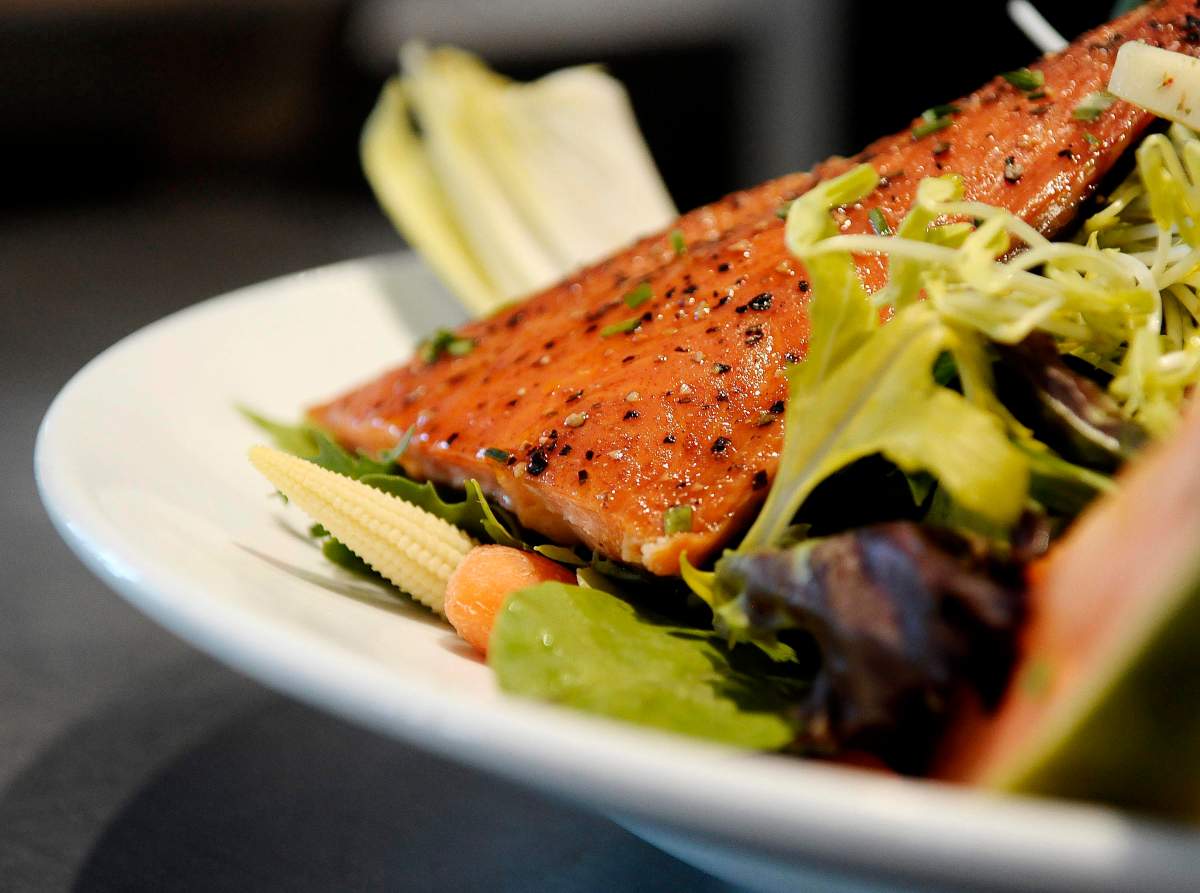Diners at B.C. restaurants may need to get used to seeing more squid and sardines, and less sockeye salmon in the future, amid warming oceans due to climate change.

That’s according to a new study from the University of British Columbia, that cross-referenced Vancouver restaurant menus dating back to 1880 with recorded ocean temperatures.
“We set out to discover if warming waters due to climate change are already affecting what seafood restaurants serve in their menus,” senior author William Cheung, professor and director of the UBC Institute for the Oceans and Fisheries, aid.

“While it’s not a case of cause and effect, our findings indicate that the seas around Vancouver were warming during the studied time periods, so fish species that prefer warmer waters dominated there. It’s likely that they were more available to catch for sale, and so local seafood restaurants offered more of these types of fish.”
Researchers looked at locally-sourced seafood on menus from four time periods, then determined each species’ preferred water temperature.
From there, they took an average preferred temperature for all species included in each of the time periods. The highest preferred temperature of 14 C occurred in the current time period, three degrees warmer than in 1880 and five degrees higher than the lowest temperature in 1962.

Get daily National news
Researchers took note of two species in particular, Humboldt squid, which have been ranging further north amid warming temperatures, and sardines, which have declined as a catch for the last eight decades but which they said are expected to become more abundant amid warming waters.

“Humboldt squid is not something that we see in restaurant menus at all before the 1990s but we see it is much more common now, and sardine, which has historically disappeared in seafood menu, may return in the future,” Cheung said.
“We know sockeye salmon isn’t doing well in B.C. That means local sockeye might be less available in the near future, and it’s likely local restaurants may choose other salmon species, or other fish species.”
Researchers found the biggest shift on menus from the 1981-1996 period to the 2019-2021 period, with warmer-water seafood occurring more frequently in the present day.
Cheung said the shift coincides with recent, larger temperature shifts, which he said are starting to have a noticeable effect on fish stocks.
Factors such as more frequent and severe heat waves, or the Pacific Ocean warm water phenomenon known as “the blob” could be behind shifts in species distribution and abundance.









Comments
Want to discuss? Please read our Commenting Policy first.